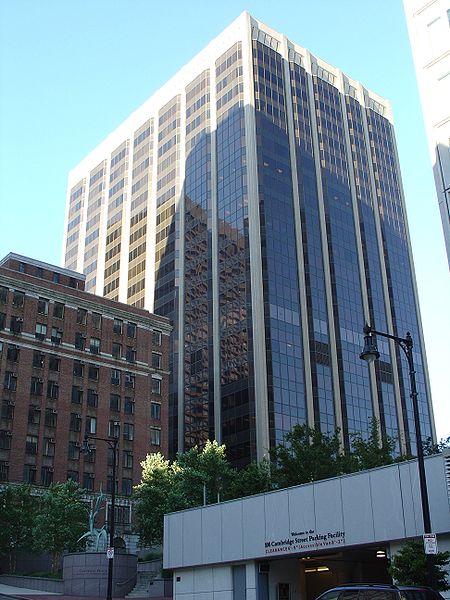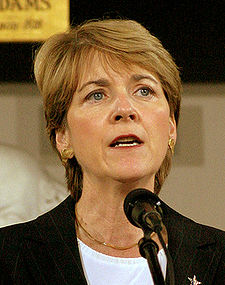 |
| (WMassP&I) |
Monday was a day of minor victories, but also grim financial news and schizophrenic behavior at the Springfield City Council. With three members absent, councilors debated a host of resolutions, put off several measures to committee and even took some further steps on ordinances. Prior to the meeting, bleak numbers from financial officials cast a pall over a rare Committee of the Whole meeting of the City Council. While digging into those numbers must wait for another time, the short version is cuts in services, increases in fees, flat wages for workers and other depressing news, absent a turnaround on state aid and property tax revenue.
At-large Councilor Kateri Walsh, Ward 4 Councilor E. Henry Twiggs and Ward 7 Councilor Tim Allen were absent due to personal reasons.
The agenda itself was a mix of routine announcements, paper pushing and substantive policy. Reports from utilities were accepted from the council as were financial transfers within and to the fire department. The Fire Department's Overtime budget has come in way over budget, partly a consequence of chronic underfunding of the department over the last decade. However, the council also approved transfer of the city's fire-training facility to the commonwealth for $2 million. The transfer will enable Massachusetts officials to train firefighters in neighboring communities nearby rather than sending them to another facility in Stow. The city will continue to use the Grochmal Street facility, which will be rebuilt, at no cost aside from electricity and phone service. City officials said the proceeds from the sale will go into the city's general revenue account.
 |
| Area Fire Chiefs Showed up to Support the Transfer of the training center to the state (WMassP&I) |
Two other property transfers in the city's South End were also approved by the Council.
The city also received financial reports for this year that indicate the city will retain about $2 million in free cash at the end of the fiscal year. The council also approved, by a 10-0 vote an authorization for a bond necessary to cap Bondi's Island. The bond is required under state law for the owner of any landfill and as the city's primary dump faces closure by the end of this decade, the city must maintain a bond under Department of Environmental Protection rules in order to assure the facility is properly closed.
Another bond was authorized to pay for design work for Elias Brookings School, one of the school building damaged in last year's tornado. Ward 2 Councilor Mike Fenton questioned the use of bonds, rather than free cash or stabilization reserves, but finance officials seemed to admit the objective was to preserve stabilization. However, officials noted that the bond may not need to be used and payment for the design work could come from another source, avoiding interest payments. Fenton cautioned against the use of this approach in the future, but backed the measure.
Two ordinances were also before the council (with a third brought up to get its second step passage). The two ordinances on the agenda bulked up the large crowd, which was mostly present in support of one of the resolutions before the council. The first ordinance, sponsored by at-large Councilors Jimmy Ferrera and Tim Rooke, sought to extend to thirty days from ten, the amount of time merchandise at a pawn shop must be held before it can be resold. Several pawn shop owners turned out in opposition to the new rule, calling it an unfair burden on business. Ultimately, on a motion from at-large Councilor Thomas Ashe, the measure was sent to committee before any step was taken.




























